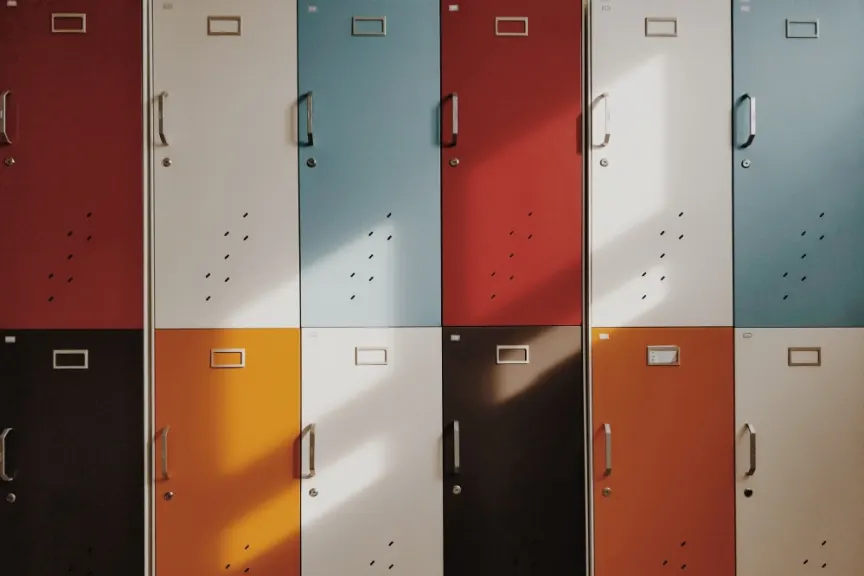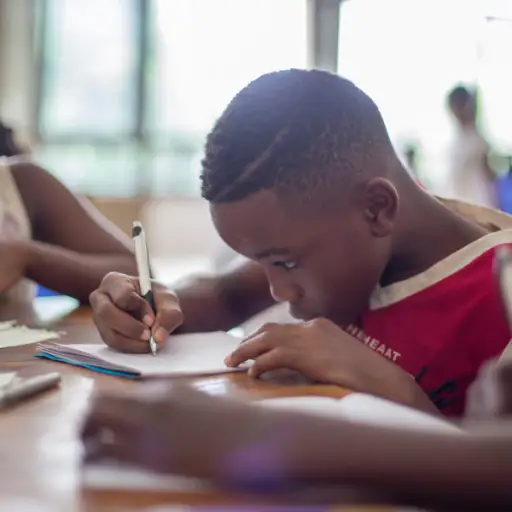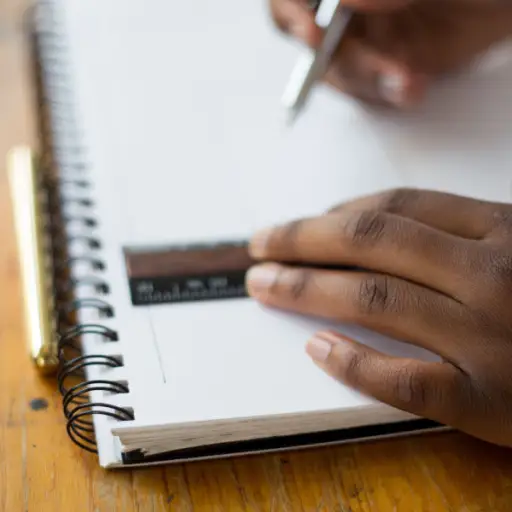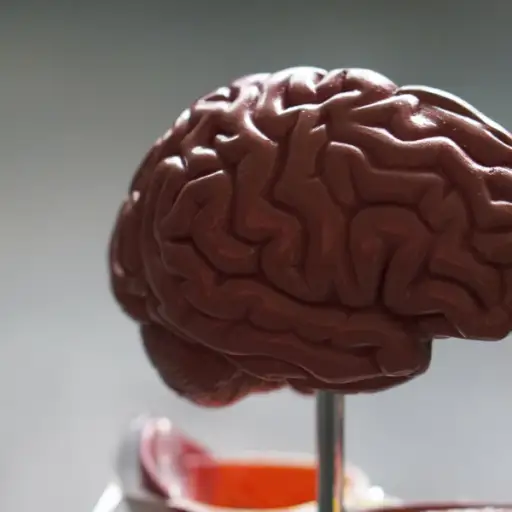How to Help Your Child With ADHD Rock the School Year
For kids withattention-deficit hyperactivity disorder (ADHD), school can be a tough place to be, especially without treatment and accommodations. In fact, many parents of kids with ADHD don’t have any concerns about their children until they begin school, says Flora Howie, M.D., a developmental-behavioral pediatrician at the Mayo Clinic in Rochester, MN.
But that doesn't mean your child can't be successful this year and beyond, which is why we tapped someone with expertise on both ends of the bus ride for help: Karen Huberty is an award-winning teacher at Dakota Hills Middle School in Minnesota, and she's also raising a child with ADHD at home. Read on her for advice!
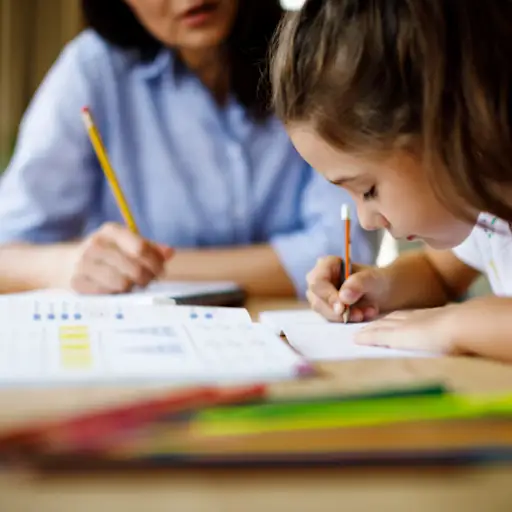
Talk to Your Child About Her Diagnosis
Huberty knows how hard it can be to have a conversation with your child about an ADHD diagnosis—she’s done it. But understanding how ADHD affects them will help them better learn to navigate his world, especially school. Explain that ADHD can make it harder for them to sit still, to wait their turn to answer, or even to pay attention to what the teacher is saying.
The more they understand about how their brains work best, the better for everyone involved. Plus, she says, it’s important for kids to be part of the conversations with parents and teachers.
Teach Your Child How Our Brains 'Do School'
One of the most common concepts you and your child will need to understand is executive function (EF), which refers to a set of mental skills that include time management, organization, working memory, and self-regulation.
“Executive function and self-regulation skills are the mental processes that enable us to plan, focus attention, remember instructions, and juggle multiple tasks successfully,” according toHarvard’s Center on the Developing Child. One look at the list and you can tell why they're important for school (and life in general). Kids with ADHD often struggle with certain EF skills, and they'll be a big part of what they work on.
Sort Out Strengths and Weaknesses Together
In the classroom, Huberty conducts an executive-function survey for all of her new sixth-graders. She asks them to evaluate what they do well and what they need help with. You can do this at home, too: Do they excel at finishing their assignments in class, but forget to bring home permission slips? Are they raring to go in the morning but can’t focus in the afternoon? Do they often lose mittens, sports equipment—even their winter coats? Does a task take way longer than they think it will? Once areas of need are determined, the team (teacher, student, and parents) can help strategize solutions.
Model Your Own Strategies
When you share your own staying-organized strategies, you familiarize kids with the language of executive functioning and show them that everyone needs a little help, even teachers and parents!
Huberty, for example, knows that working memory presents challenges for her. Throughout the day, she’ll describe to her students how she successfully copes: “Oh my gosh, you know how Miss Huberty struggles with working memory,” she’ll say as she jots something down on a sticky note and adds it to her desk.
For you, it might be sitting with the kids while you write out a grocery list or filling out the weekly family calendar. The more kids seeing planning in action the better.
询问课堂工具以帮助焦点
Peek into Huberty’s classroom, and you’ll see standing desks, fidget toys of every sort, noise-canceling headphones, even stationary bicycles. And they’re not just for kids with ADHD: They’re available to all of her students.
“Everyone wants to use them when they’re shiny and new,” she explains. “But once that wears off, they’re still available for those who need them. But there’s no stigma, because everyone has used them.”
Even if your child’s classroom looks a lot more traditional, you can talk to your school bringing some tools from home. Think beyond favorite fidgets to wobble cushions, white-noise, even a snack to eat at a certain, supervised time.
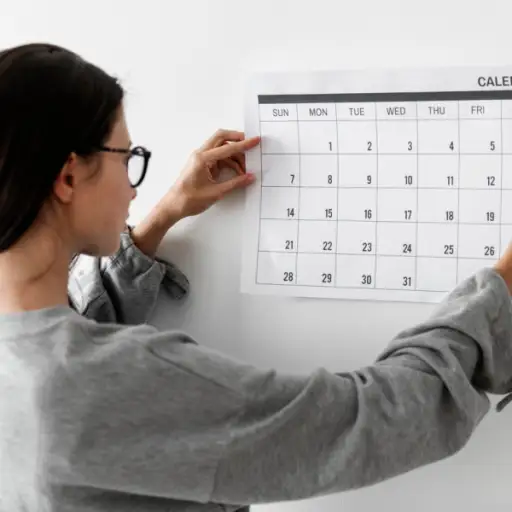
Use a Paper Calendar for Time Management
你可能太熟悉with the fact that most kids with ADHD struggle with time management. So it’s extra important to find a system that works for your child—even if it’s not the one the school provides. Many schools, especially by middle school, use online planners or calendars, but Huberty finds that paper often works best for kids with ADHD. This way they can use sticky notes to breakdown steps of an assignment.
“Write first paragraph” might go on the first note, which the child can stick to Monday. Then, if it doesn’t get completed, they can move it to Tuesday. That means they’ll always have a quick visual to check what’s expected.
Make a List for That!
Check-off lists can be helpful too, she says. If your child struggles with remembering to bring things home (or back to school), create a laminated list to attach to his backpack. On the school side, the list could say: “Do you have your homework assignment? Is it in your backpack?” The home side can have a list of what to bring to school, which can make mornings less chaotic (especially if you pack everything the night before!).
Help Homework Work for Your Child (Part 1)
第一项任务之前被送回家,to your school about accommodations that can set your child up for homework success. Then be ready to be flexible.
For instance, everyone might agree that additional time to complete assignments will be helpful. Then in real life? “It can just prolong the agony,” says Hubert. So keep in touch with the teacher about what's working and what's not, and switch it up when necessary.
Help Homework Work for Your Child (Part 2)
It may be more helpful to shorten the assignment, which can be done several ways: The teacher can reduce the amount of work, say to half of the math problems, or allow the student to demonstrate mastery of a concept, likely in a quiz or test.
Or at home, you can cap the amount of time spent on the assignment. Simply set a timer for yourself, let your child know their assignment is considered complete when it dings, and they stop there, no matter how much is finished. Sign a note to the teacher indicating how much time your child spent on it. The timer can have another effect, too: It can help kids focus more intensely so they actually get it done!
Avoid Comparisons
Remember that all kids develop at different times and try not to worry if your child's locker is a mess, or that you’re always the parent asking other parents for the homework assignment. Setting unrealistic expectations for kids with ADHD to organize certain tasks can be akin to asking a third grader to have the same capabilities as a sixth grader.
“And punishment or shame won’t teach new skills,” Huberty reminds. If your child is still struggling with certain tasks, that's OK. Learning the strategies that will help her succeed in school and beyond isn't a race. Whatwillhelp is lots of positive reinforcement, encouragement, understanding and patience.
Be Your Child’s Frontal Lobe
Sure, you wish your kid’s frontal lobe (the part of your brain responsible for executive function) helped them get to school on their own with their shoes tied, homework completed, medicine taken, and lunch ready to go.
“But some kids aren’t quite there yet,” Huberty says. “You’ll have to be the frontal lobe for them sometimes.”
And when that seems overwhelming, we’ve got you covered: Check out our tips fortaking care of yourselfas well as your child.
Sheila Mulrooney Eldred is a graduate of Columbia’s School of Journalism and a former newspaper reporter. As a freelance health journalist, she writes about everything from life-threatening diseases to elite athletes. Her stories have appeared in The New York Times, Nature, FiveThirtyEight, Pacific Standard, STAT News, and other publications. In her spare time, she and her family love running, cross-country skiing, and mountain biking in Minneapolis.

